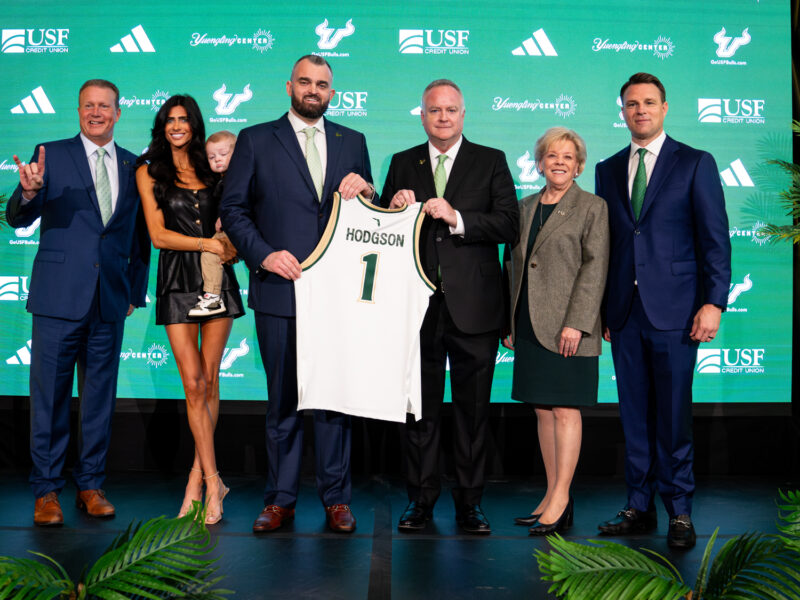State university students who enrolled after the 2009-2010 academic year and exceed more than 10 percent of the required credit hours for their degree will pay an additional 50 percent or more for tuition, as mandated by the 2013 Florida Legislative session.
This means a student pursuing a 120-credit hour degree will have to pay extra if they exceed 132 hours.
The state legislature created the credit hour cap to motivate students to graduate on time or faster. The cap was initially set at 20 percent more than the required credit hours for a degree but has tightened each year since 2009. According to a document provided by the Florida Student Association Board of Directors, “The goal was to reduce the amount of excess credit hours that the state subsidized.”
Credit hours are considered excess if they are not necessary to obtain a degree. This may include extra electives, repeat courses or classes made unnecessary by switching majors.
The Office of Program Policy Analysis and Government Accountability conducts studies of student credit hour usage and estimated costs. According to a study by the office, state university graduates attempted 861,000 credits in excess in 2007, costing the state $76 million. The number had increased by 23 percent since the 2002-2003 school year.
Factors that have contributed to excess credit hours, according to the OPPAGA, include changing majors, withdrawal or failure of courses, taking classes for interest that are not required, scheduling conflicts and advising errors.
According to research conducted by legislative staff, the bill passed by the Florida legislature “requires state universities and community colleges to implement a process for notifying students of excess hour surcharge upon initial enrollment.” Notices include recommendations for students and instruction to meet with an academic advisor.
In the fall 2013 semester, 112 students from the University of South Florida system have been charged a total of $40,815.81 for taking excess credit hours. Many students on track to take more than 10 percent of their degree required hours have not received notice from the school.
James Scott, a six-year student at USF St. Petersburg, said his extended stint as an undergraduate is the result of hard economic times, and the desire to be involved on campus.
“The state of Florida and their philosophy about education … is less about enrichment and more about efficiency,” Scott said. He expressed that his education has been best gained outside of the classroom.
“You go there (universities) and you don’t just take classes; you join things, you do things, you lead things.”
Some students aware of the law plan to seek other ways of obtaining academic credit.
Steven Sewell, a junior majoring in health sciences, falls below the cap’s threshold but recognizes his vulnerability.
“Technically, I’m going to need 124 or 125 credits to graduate with my degree, then after that I need 12 more credits that are prerequisites for grad school,” Sewell said. He intends to take his graduate school prerequisites at a community college to save money.
“It is definitely going to impact my budget. It’s probably going to cause me to take out more student loans in grad school that I’m trying to avoid,” said Jenna Stasi, a junior who estimates 142 credit hours in her undergraduate career.
Mark Lombardi-Nelson, student body president and member of the Florida Student Association Board of Directors, plans to address more potential amendments to the bill at upcoming board of trustees and Florida Student Association meetings.
“I think it really targets those who are nontraditional students, those who are part-time trying to catch up … if they’re going over or they’ve switched, that’s tough, ” Lombardi-Nelson said.
“The purpose [of college] is to figure out what you want to do and what you want to accomplish, and then move on to achieve it. This is supposed to be a place of learning and development for us as young adults.”


